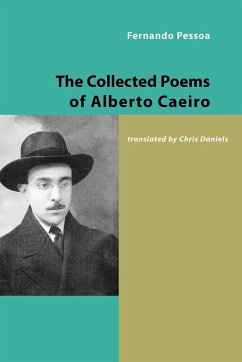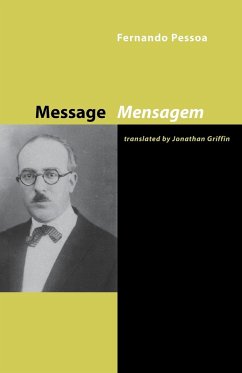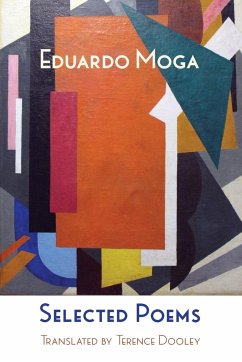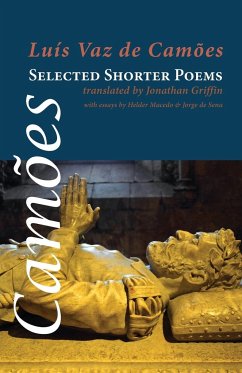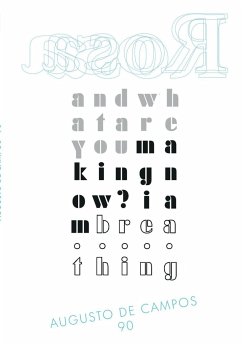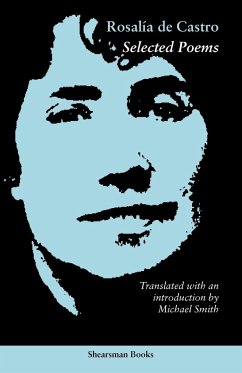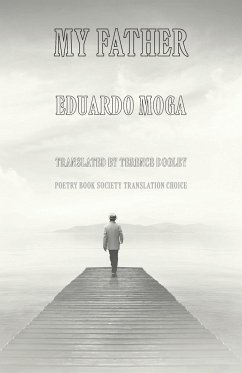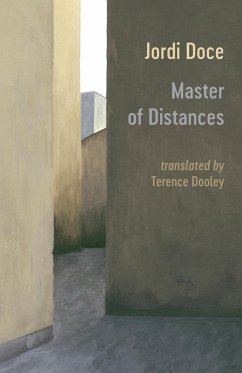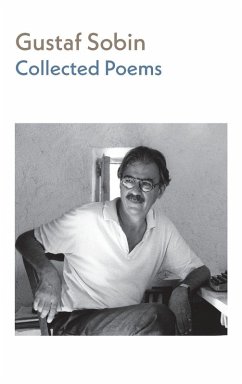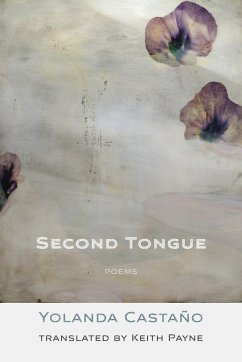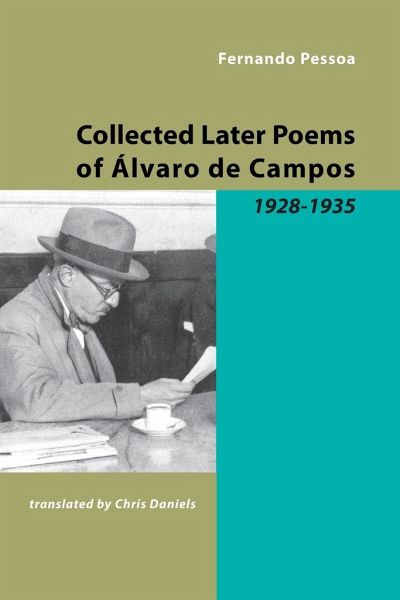
Collected Later Poems of Alvaro de Campos
1928-1935
Versandkostenfrei!
Versandfertig in 1-2 Wochen
20,99 €
inkl. MwSt.

PAYBACK Punkte
10 °P sammeln!
Alvaro de Campos, along with Ricardo Reis and Alberto Caeiro is one of Pessoa's most important poetic heteronyms and, like these fellow fictitious poets, made his first appearance in 1914. He was also something of a public figure, his essays and reviews frequently appearing in Portuguese periodicals. According to Pessoa, Campos was born in the Algarve in 1890, studied naval engineering in Glasgow, was widely travelled, and lived for a number of years in England, working as an engineer. In later life he returned to live in Lisbon. His poetry, especially the earlier work, celebrates the modern w...
Alvaro de Campos, along with Ricardo Reis and Alberto Caeiro is one of Pessoa's most important poetic heteronyms and, like these fellow fictitious poets, made his first appearance in 1914. He was also something of a public figure, his essays and reviews frequently appearing in Portuguese periodicals. According to Pessoa, Campos was born in the Algarve in 1890, studied naval engineering in Glasgow, was widely travelled, and lived for a number of years in England, working as an engineer. In later life he returned to live in Lisbon. His poetry, especially the earlier work, celebrates the modern world and the machine age, and marks the eruption of futurism into Portuguese poetry. This volume offers the latter part of Campos' output. The Collected Earlier Poems will appear in due course.



